As the logistics industry continues to evolve, technology is playing a pivotal role in enhancing efficiency and effectiveness. From automation in warehouses to real-time tracking solutions, embracing technological advancements can revolutionize how businesses manage their supply chains. In this blog, we’ll explore some key innovations that are shaping the future of logistics and why now is the time for businesses to adapt.
1. Automation and Robotics
One of the most significant advancements in logistics is the rise of automation and robotics. Automated guided vehicles (AGVs) and robotic arms are transforming warehouses by taking over repetitive tasks such as picking, packing, and sorting. These technologies not only speed up operations but also minimize human error, leading to more accurate order fulfillment.
For example, major retailers like Amazon are already utilizing robotics in their fulfillment centers to increase efficiency. By automating these processes, companies can handle larger volumes of orders with greater speed, ensuring that customer demands are met promptly.
2. Artificial Intelligence in Logistics
Artificial Intelligence (AI) is another game-changer in the logistics sector. AI algorithms analyze vast amounts of data to optimize routing and delivery schedules, helping companies reduce transportation costs and improve service levels.
AI is also being used for demand forecasting, allowing businesses to predict customer needs more accurately. By leveraging machine learning, companies can analyze historical data and market trends to make informed decisions about inventory levels and stock replenishment.
3. Real-Time Tracking
In today’s fast-paced environment, real-time tracking has become essential for both businesses and customers. With advanced tracking technologies, companies can monitor shipments in transit, providing updates on location and estimated delivery times.
This level of transparency not only improves customer satisfaction but also enables businesses to respond swiftly to any issues that may arise during transportation. By utilizing GPS and IoT devices, companies can enhance visibility throughout the supply chain, leading to better decision-making and operational efficiency.
4. Blockchain Technology
Blockchain technology is gaining traction in logistics for its ability to enhance security and transparency in transactions. By providing a decentralized ledger, blockchain allows all parties in the supply chain to access and verify transaction details, reducing the risk of fraud and errors.
For instance, shipping documents can be securely stored on a blockchain, making it easier to track ownership and compliance throughout the shipping process. This technology can also streamline processes like customs clearance, reducing delays and enhancing overall efficiency.
5. Sustainable Logistics Solutions
As sustainability becomes a priority for consumers and businesses alike, technology is playing a crucial role in promoting eco-friendly logistics practices. Companies are utilizing data analytics to optimize delivery routes, reducing fuel consumption and minimizing their carbon footprint.
Moreover, electric vehicles and alternative fuel options are becoming more common in logistics fleets, contributing to a more sustainable approach to transportation. By adopting these technologies, businesses can meet their sustainability goals while also improving efficiency.
Conclusion
The future of logistics is undoubtedly intertwined with technology. By embracing innovations such as automation, AI, real-time tracking, blockchain, and sustainable practices, businesses can enhance their operational efficiency and stay competitive in a rapidly changing market.
Now is the time for companies to invest in these technologies and adapt their logistics strategies to meet the demands of the future. At UrbanLink Transport, we are committed to leveraging the latest advancements to provide our clients with seamless, efficient, and reliable logistics solutions. Let’s drive excellence together!

